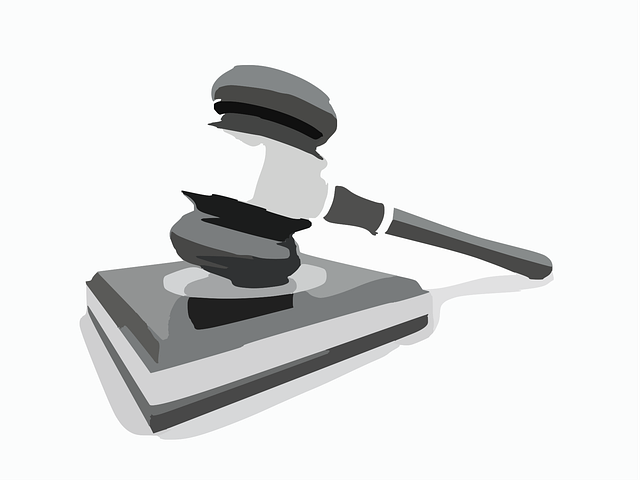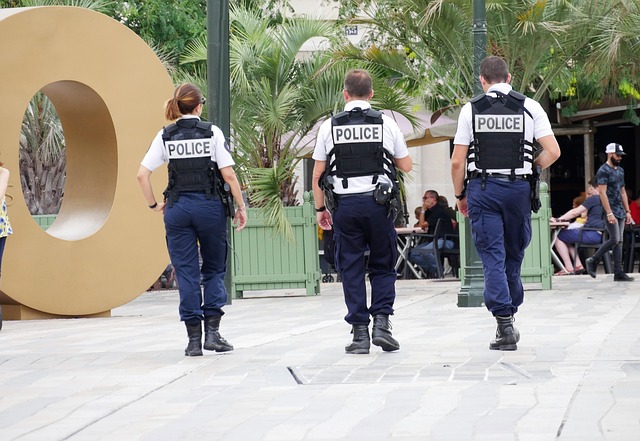The Process of Empaneling a Criminal Jury is crucial in antitrust violation cases, where juries carefully examine complex evidence related to market behavior and pricing strategies. This meticulous process begins with random selection of potential jurors from diverse communities, followed by thorough questioning (voir dire) to ensure fairness and impartiality. The goal is to arrive at informed verdicts that protect fair competition, with significant financial penalties for guilty findings, making it a critical step in navigating complex antitrust litigation.
“Uncovering the intricacies of antitrust violation cases, this article offers a comprehensive guide. From understanding the fundamental concepts to exploring the unique role of criminal juries, we delve into the legal landscape. We break down the crucial steps in the process of empaneling a jury for antitrust trials, ensuring fairness and expertise.
Learn about the importance of these proceedings, where civil and criminal laws converge, and discover how the selection process shapes outcomes. Embrace a deeper understanding of antitrust litigation through this insightful exploration.”
- Understanding Antitrust Violation Cases: A Comprehensive Overview
- The Role of Criminal Juries in Antitrust Litigation
- Procedural Steps for Empaneling a Jury in Antitrust Trials
Understanding Antitrust Violation Cases: A Comprehensive Overview

Antitrust violation cases are complex legal battles aimed at upholding fair competition in markets. These cases involve scenarios where businesses engage in practices that restrict trade, such as price-fixing, market division, or monopolization. The process of empaneling a criminal jury plays a pivotal role in these high-stakes cases, ensuring a thorough and impartial examination of evidence.
When corporate and individual clients face antitrust allegations, courts across the country convene juries to deliberate on the facts. This process involves selecting a diverse group of citizens who will listen to both sides’ arguments and review voluminous evidence. The jury’s decision is crucial, as it determines whether a company or individual has violated antitrust laws, potentially leading to significant penalties and changes in business practices. Understanding this process is essential for navigating these intricate legal matters, especially given the substantial financial implications and the impact on the broader market.
The Role of Criminal Juries in Antitrust Litigation

In antitrust litigation, the role of a criminal jury is pivotal as they play a critical part in ensuring fair competition and penalizing violations that restrict trade. The process of empaneling a criminal jury involves selecting individuals who can objectively understand complex legal and economic issues. This careful selection ensures that jurors are capable of comprehending intricate details related to market behavior, pricing strategies, and anti-competitive practices, which are central to antitrust cases.
For his clients facing antitrust charges, securing winning challenging defense verdicts relies heavily on the jury’s ability to analyze evidence critically. Jury trials provide a unique forum where the dynamics of the legal process can directly impact public perception, making it essential for both prosecution and defense to present compelling arguments. Through rigorous questioning and detailed instructions, juries are guided to make informed decisions that uphold the integrity of competitive markets while ensuring justice is served.
Procedural Steps for Empaneling a Jury in Antitrust Trials

In antitrust trials, the process of empaneling a jury is akin to a meticulous dance designed to ensure impartiality and fairness. It begins with the selection of potential jurors from a diverse pool, often through random sampling from voter rolls or other public databases. This initial step is crucial for achieving extraordinary results in complex legal battles, as it aims to create a representative cross-section of the community.
Once assembled, prospective jurors undergo a series of questions and discussions during voir dire, where both attorneys for the plaintiff and defendant have the chance to assess their suitability. The judge facilitates this process, ensuring that each juror can set aside any biases or prior knowledge related to the respective business at hand. This thorough screening is essential in reaching a verdict, aiming for a complete dismissal of all charges if the evidence warrants it, while maintaining the integrity of the trial.
Antitrust violation cases, which often involve complex economic and market behaviors, benefit significantly from the involvement of criminal juries. Understanding both the nuances of antitrust law and the process of empaneling a jury is crucial for ensuring fair trials. By following the procedural steps outlined in this article—from selecting a diverse panel to providing comprehensive instructions—we can maintain the integrity of the justice system while addressing these critical cases. The role of these juries is vital in upholding competition, protecting consumers, and holding corporations accountable.






